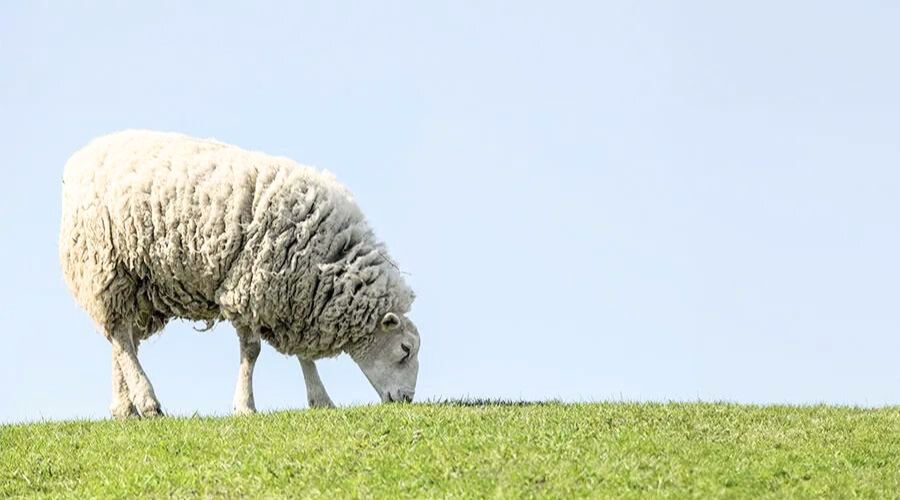Warning issued as warm weather increases risk of Bluetongue virus transmission
24th June 2024
Bluetongue virus (BTV) transmission is now possible in high-risk counties across England due to recent warm weather, an expert warns.

Due to their proximity to the areas of Northern Europe that are known to have been affected by BTV-3, the high-risk counties are Norfolk, Suffolk, Essex, Kent and East Sussex.
Chris Sanders, research fellow in Veterinary Entomology at The Pirbright Institute, explained the reason why the temperature increase has a significant bearing on the threat that the new strain of bluetongue, BTV-3, poses to UK livestock.

“While there are currently no live cases of BTV-3 in the UK, and no evidence that there is circulating bluetongue virus, with the warmer temperatures we’ve recently seen, we know that the activity of biting midges that spread the virus has increased. The development of BTV in midges also depends on the temperature.
“It is now warm enough that if a midge were to come into contact with BTV-3, local virus transmission between midges and ruminants in the UK would now be possible.
“Bluetongue cases are being monitored on the continent. The extent of BTV-3 transmission in nearby European countries and meteorological factors will determine whether infected biting midges are blown over from northern Europe.
“During this period of warmer weather, and with disease reported on the continent, we have to consider that the risk of BTV-3 being reintroduced to the UK will increase,” he said.
READ MORE: Govt sets out plan to tackle BTV-3 outbreak
Monitoring the risk
With the risk of local transmission now possible, Ruminant Health & Welfare reminds farmers to be aware of the BTV-3 risk for susceptible animals, apply caution and use evidence-based tactics to ACT and mitigate against the latest strain, BTV-3.
To monitor the change in risk for BTV-3, APHA, The Pirbright Institute and the UK Met Office continuously track and assess wind patterns and temperature data.
There is currently no BTV-3 vaccine authorised or approved for use in the UK, however, free testing is now available for animal keepers.
The free testing is available to access if farmers plan to move susceptible animals out of the high-risk counties to live, or if you sell animals at a market within a high-risk county where there will be buyers from outside the high-risk counties.
There is sufficient testing capacity to cover likely moves to live, and there is a 72-hour turnaround, but keepers need to apply for free testing at least 10 working days before the planned movement or market date.
The vet should sample animals five working days before the move or market date to allow time to get your results.
READ MORE: Will there be a vaccine for BTV-3?
READ MORE: Farmers warned to watch out for bluetongue signs during high-risk season

To stay up to date with the latest news, regulations and updates, visit the Ruminant Health & Welfare bluetongue hub or call the dedicated bluetongue hotline on 024 7771 0386 to get advice or ask questions.
As bluetongue, including BTV-3, is a notifiable disease in the UK, anyone suspecting the disease must take action and report it to the Animal and Plant Health Agency (APHA) on 03000 200 301.
Read more livestock news.
